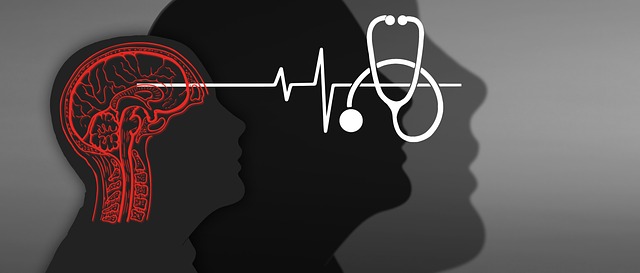Alcohol abuse impairs self-care and mental health, but Therapy for Adults with Alcohol Abuse offers a solution. Through education, empathy, and resilience building, therapy addresses physical and mental challenges. Personalized self-care strategies like exercise, mindfulness practices, and healthy eating reduce cravings and stress. Early intervention through public awareness and therapy sessions detects co-occurring conditions, encouraging healthier coping mechanisms. Integrating therapy with mindfulness promotes emotional well-being and positive thinking, enabling tailored wellness coaching for sustained recovery and improved quality of life.
Self-care practices play a crucial role in overcoming adult alcohol abuse. This article delves into the profound impact of excessive drinking on personal well-being, offering insights into how individuals can reclaim their lives. We explore effective self-care strategies tailored to those struggling with alcohol addiction, emphasizing the importance of holistic approaches. Additionally, we discuss the integration of therapy and mindfulness techniques for fostering long-lasting recovery among adults seeking treatment for alcohol abuse.
- Understanding the Impact of Alcohol Abuse on Self-Care
- Identifying Effective Self-Care Strategies for Adults with Alcohol Addiction
- Integrating Therapy and Mindful Practices for Long-Lasting Recovery
Understanding the Impact of Alcohol Abuse on Self-Care

Alcohol abuse can significantly impede an individual’s ability to engage in effective self-care practices. Chronic consumption can lead to physical health issues, impairing one’s energy levels and overall well-being. Mentally, it exacerbates stress, anxiety, and depression, making it harder for individuals to find moments of peace and tranquility—essential components of self-nurturing routines. This challenges their ability to prioritize personal needs, often resulting in neglecting basic hygiene, nutrition, and rest, which are foundational to holistic health.
Therapy for adults with alcohol abuse issues plays a pivotal role in addressing these challenges. Mental Health Education Programs Design can equip individuals with knowledge about the impact of alcohol on mental and physical health, fostering awareness crucial for change. Empathy Building Strategies within therapy create supportive environments, encouraging clients to express their struggles openly. Moreover, Resilience Building techniques help individuals develop coping mechanisms, strengthening their ability to navigate life’s challenges without resorting to alcohol as a crutch.
Identifying Effective Self-Care Strategies for Adults with Alcohol Addiction

Identifying effective self-care strategies is a vital component of therapy for adults with alcohol abuse issues. Beyond traditional treatment methods, incorporating specific practices tailored to individual needs can significantly enhance recovery and well-being. Engaging in regular physical activity, cultivating mindfulness through meditation or yoga, and adopting healthy eating habits are evidence-based approaches known to reduce cravings and manage stress, crucial factors in the struggle against alcohol addiction.
Public awareness campaigns development has shed light on the importance of early intervention and support systems. Recognizing the signs of depression prevention among individuals with alcohol abuse disorders is essential as co-occurring mental health conditions are common. Encouraging open communication strategies between patients and their support networks, whether it’s therapy sessions or at-home discussions, can foster accountability and promote healthier coping mechanisms.
Integrating Therapy and Mindful Practices for Long-Lasting Recovery

Integrating therapy and mindful practices is a powerful strategy for achieving long-lasting recovery from adult alcohol abuse. Therapy provides a safe space to explore underlying issues, develop coping mechanisms, and gain insights into one’s behavior patterns. By combining this with mindfulness techniques such as meditation, deep breathing exercises, and yoga, individuals can promote emotional well-being and cultivate positive thinking. These practices help to reduce stress, improve mental clarity, and foster a deeper connection with oneself—all essential components for maintaining sobriety and overall mental wellness.
Moreover, therapy sessions coupled with mindful practices enable participants to develop effective mental wellness coaching programs tailored to their unique needs. Through regular practice, individuals can enhance their ability to navigate challenges without resorting to alcohol as a coping mechanism. The development of these personalized strategies, combined with ongoing support from therapists or coaches, paves the way for sustained recovery and improved quality of life.
In addressing alcohol abuse, recognizing the profound impact on self-care is a pivotal step. By understanding this connection, individuals can begin to implement effective strategies that foster holistic healing. The integration of therapy and mindfulness practices offers a powerful path to long-lasting recovery for adults struggling with alcohol addiction. Adopting these techniques allows for better management of triggers, improved emotional well-being, and enhanced overall self-care, ultimately enabling a more balanced and fulfilling life. For those seeking support, accessing specialized therapy for adults with alcohol abuse is a game-changer, providing the tools necessary to navigate recovery successfully.












